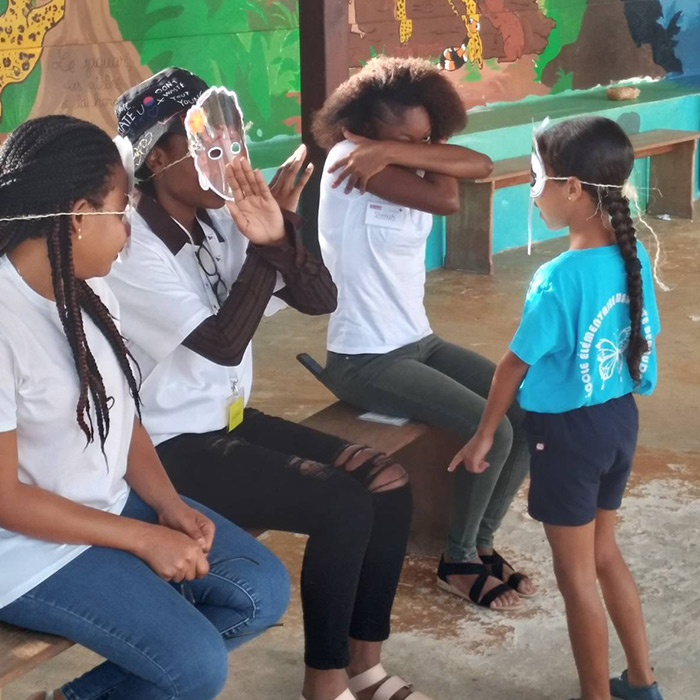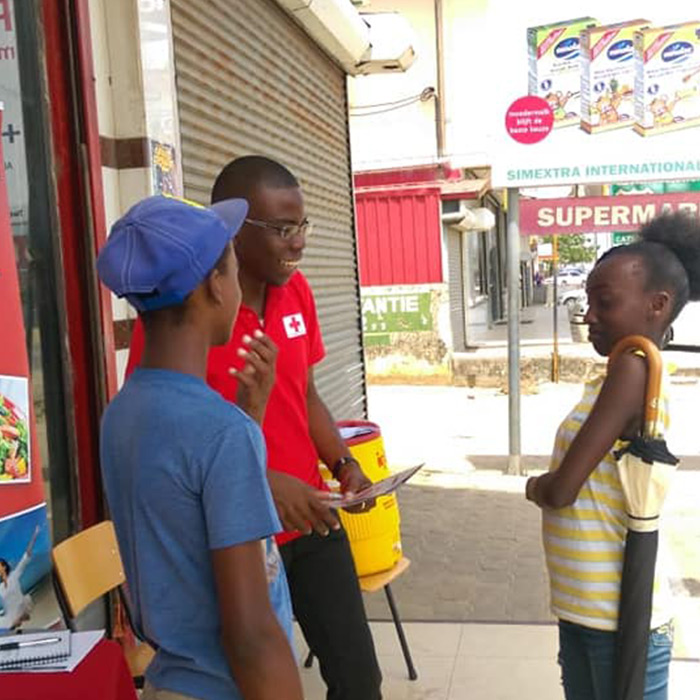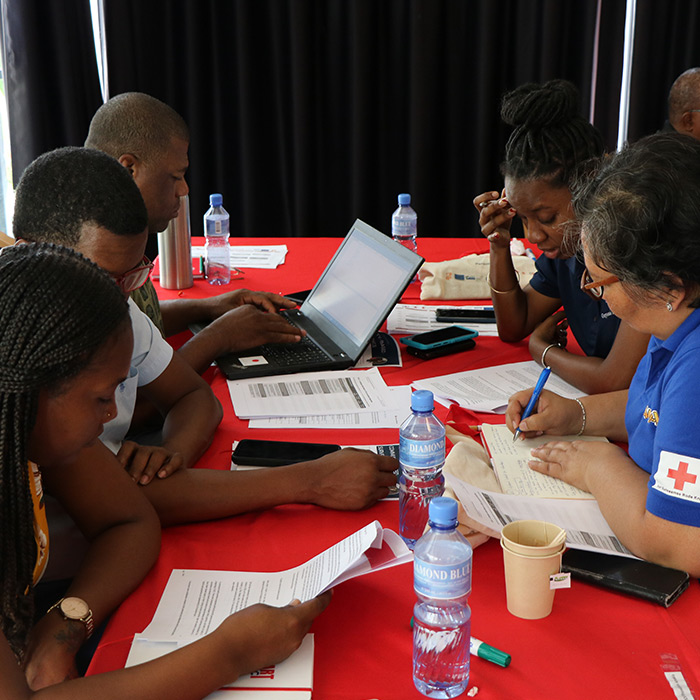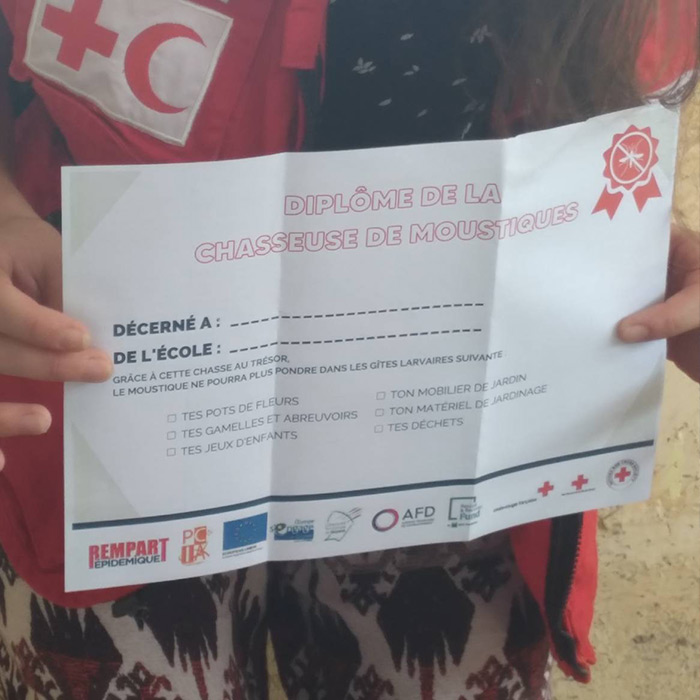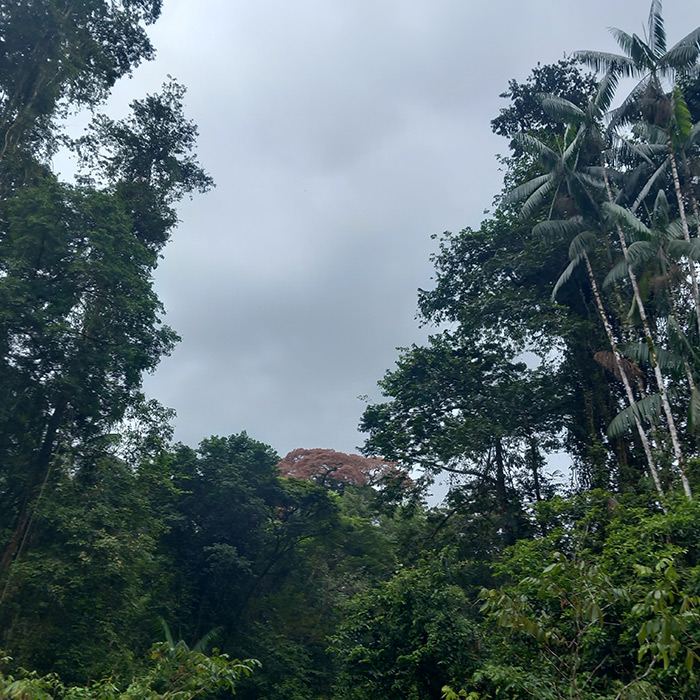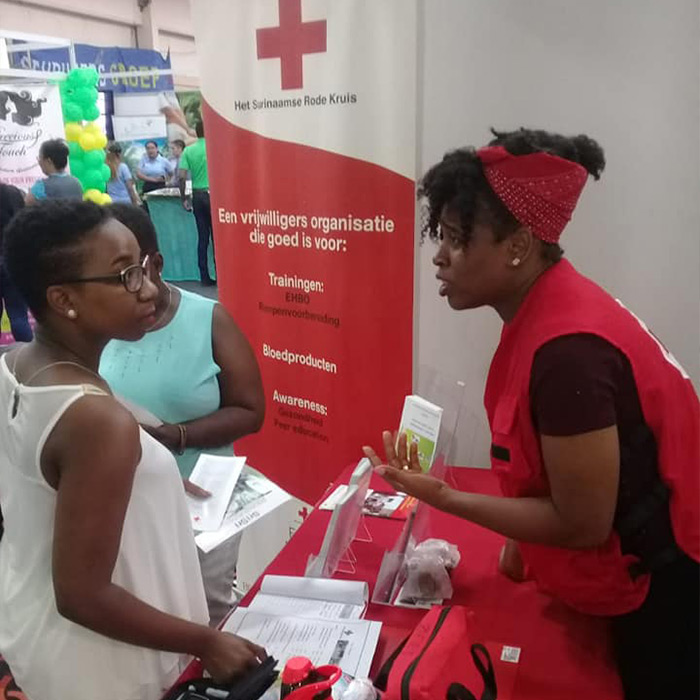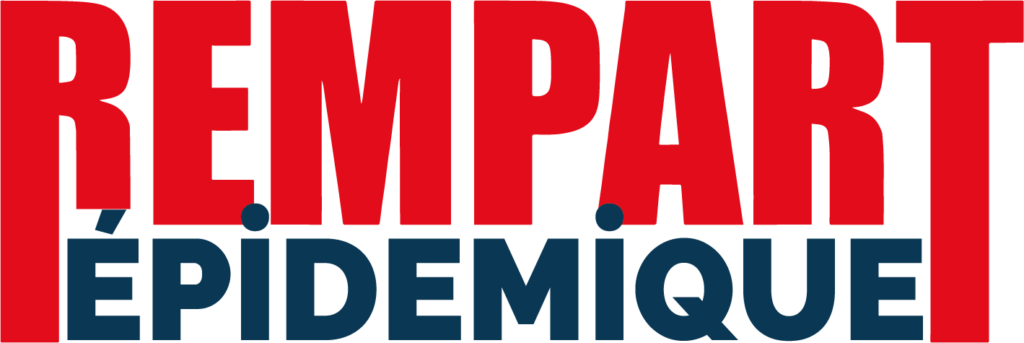Our 2nd webinar will start in :
- 00Days
- 00Hours
- 00Minutes
- 00Sec.
CARIBBEAN
ONE HEALTH APPROACH IN THE CARIBBEAN
PROJECT "One Health, One Caribbean, One Love"
(March 2014 - June 2017)
The "One Health" approach has been promoted and implemented throughout the Caribbean region.
The Caribbean Community has drafted and approved a single health policy for the Caribbean (CARICOM).
One Health is about finding sustainable solutions to interconnected health problems involving people, animals, agriculture and the environment through partnerships and intersectoral cooperation.
Caribbean nations are linked by common waters, cultures, and climates, but distance, diversity, and different approaches to governance among nations complicate efforts to promote an integrated and holistic approach to problems.

One Health is the art and science of protecting all types of health to strengthen our ability to create sustainable, thriving communities and ecosystems capable of meeting the challenges of the 21st century.
THE OBJECTIVES
Objective #1
To improve food security, animal health and production in the Caribbean countries.
Objective #2
Promote and embed a "One Health" approach to surveillance, diagnosis and response to zoonotic and foodborne diseases.
Objective #3
Increase laboratory capacity to diagnose foreign and endemic animal and zoonotic diseases, and improve the accuracy of diagnostic test results.
Objective #4
Improve interdisciplinary collaboration between medical, veterinary,
Objective #5
Build capacity for One Health approaches and leadership
Objective N°6
Establish a Caribbean network of One Health leaders
Objective N°7
Exchange information and best practices with other One Health networks around the world.
Main lessons learned
and best practices
Collaborate well
The importance of collaboration between interdisciplinary sectors such as public and environmental health, as well as veterinarians, in the control of zoonotic diseases.
Prepare for success
To succeed, One Health needs both a top-down and bottom-up approach. It is not only the formal system of government that is needed, but also individuals in their various disciplines at the field level who can change their ways to make it work.
Knowing how to raise awareness among the major players
One Health awareness plays a major role in reinforcing the important role of veterinarians and family physicians in the fight against zoonotic diseases.
Establish a network
Importance of lobbying key ministries and establishing interdepartmental collaboration.
Establish a good synergy
The importance of establishing good working relationships between government veterinary services and national planning and environmental protection agencies.
Communicate well
Use the full potential and effectiveness of the distribution channels.
RESULTS
ABOUT THE PROJECT "ONE HEALTH, ONE CARRIBEAN, ONE LOVE"
12 national One Health community projects were created, developed and implemented by national One Health networks.
2
One Health Webinars
8
Promotional videos and
20
Training videos.
300
Hard copies of the book “Caribbean resilience and prosperity through One Health” distributed to key One Health stakeholders in the Caribbean.
Strengthening the capacity and skills of veterinary diagnostic laboratories throughout the region through training in quality assurance and biosecurity, proficiency testing, and the introduction of new molecular diagnostic techniques in laboratories.
11
Laboratory technicians trained in quality assurance (QA) and biosafety.
7
Veterinary diagnostic laboratory technicians from Guyana, Suriname and Trinidad and Tobago were trained in real-time molecular PCR technology.
7
National diagnostic laboratories participated in a proficiency testing exercise.
